S-Acetyl Glutathione
$79.99 — or subscribe and save 5%
S-Acetyl Glutathione is an acetylated form of glutathione. This form is well-absorbed and more stable throughout the digestive tract than other forms on the market. Use of stomach acid-resistant capsules (DRcaps™) further protect stability. Laboratory data showed that S-Acetyl Glutathione increased intracellular glutathione and had a positive effect on many oxidative stress biomarkers.
Description
S-Acetyl Glutathione Key Benefits & Actions:
- Provides Intracellular Antioxidant Support*
- Supports Healthy Cell Function and Healthy Aging*
- Supports Detoxification*
- Supports a Healthy Immune Response*
- Supports Amino Acid Transport Across Cell Membranes*
- Enhances Antioxidant Activity of Vitamins C and E*
Does Not Contain:
Wheat, gluten, soy, animal or dairy products, fish, shellfish, peanuts, tree nuts, egg, ingredients derived from genetically modified organisms (GMOs), artificial colors, artificial sweeteners, or artificial preservatives.
Directions:
Take one to two capsules one to two times daily, or as directed by your healthcare practitioner.
Consult your healthcare practitioner prior to use. Individuals taking medication should discuss potential interactions with their healthcare practitioner.
All Unique Verve Formulas Meet or Exceed cGMP Quality Standards
cGMP = Current Good Manufacturing Practice certification means that every aspect of all Unique Verve manufacturing process has been examined, including laboratory/testing methods (for stability, potency and product formulation)
Made and Packaged in the USA in the temperature and humidity regulated facility. Stored in the temperature and humidity regulated facility to maintain efficacy of active ingredients.
Supplement Facts:
Serving Size: 2 Capsules
Servings Per Container: 30
Ingredients:
Amount Per Serving %Daily Value
S-Acetyl Glutathione 200 mg**
Other Ingredients:
HPMC (acid-resistant vegetarian capsule), microcrystalline cellulose, stearic acid, magnesium stearate, and silica.
LEGAL DISCLAIMER
*Disclaimer: Statements made to the dietary supplements, or products sold through this website have not been evaluated by the Food and Drug Administration. They are not intended to diagnose, treat, cure, or prevent any disease.
Consult your healthcare practitioner prior to use. Individuals taking medication should discuss potential interactions with their healthcare practitioner.
Discussion
Reduced glutathione, commonly known as glutathione or GSH, is a tripeptide consisting of L-glutamine, L-cysteine, and glycine. It is ubiquitous in living systems. Glutathione biosynthesis can be affected by biochemical individuality and/or dietary factors. Chronic oxidative stress can also deplete cellular glutathione. Precursors to glutathione, such as whey protein, vitamin C, and glutamine, are often recommended to boost glutathione levels in the body; however, results are inconsistent. Biological individuality is such that not every body has equivalent ability to metabolize the precursor to raise glutathione.
Why Not Give Pure Glutathione?
Unfortunately, most oral forms of glutathione are foul smelling, but more importantly, the majority of an oral dose is oxidized before it can be absorbed and used by the cells. This formulation delivers a unique preparation of glutathione that overcomes these usual limitations. The stability of S-acetylglutathione through the intestinal wall and the plasma is well documented in the literature. Oral intake of S-acetylglutathione increases total glutathione and percent-reduced glutathione. Percent-reduced glutathione is a very significant biomarker of health status.
Mechanism of Absorption
S-acetylglutathione, a lipid-like compound, is taken up intact by chylomicrons in the gut. The acetyl bond is placed on its thiol group or sulfur group, which prevents oxidation and allows the molecule to pass diffusively into the cell after absorption in the gut. The bond is then cleaved by non-specific enzymes inside the cell. Acetylation prevents the breakdown of glutathione, and S-acetylglutathione does not require energy expenditure to be cleaved to reduced glutathione once it crosses the cell wall.
Antioxidant Activity
Glutathione functions extensively in tissues and organs throughout the body. It plays critical roles in protecting the body from oxidative stress, maintaining cellular functions, and supporting healthy immune function. Many factors can increase cellular exposure to oxidative insult, and therefore increase cellular consumption of nutrients—such as glutathione—that provide antioxidant activity. This may result in a fierce cycle of oxidative stress and challenges to detoxification. Complete biotransformation and protection from oxidative stress are important to maintaining cellular integrity and tissue health.
Other Benefits of Maintaining Healthy Glutathione Levels
Much information related to mitochondrial health has surfaced in the literature. Mitochondria, the energy-producing powerhouses of cells, are also the primary intracellular site of oxygen consumption and the major source of reactive oxygen species (ROS). S-acetylglutathione has been shown to cross the membrane of the mitochondria, increasing the organelle’s activity and minimizing ROS.Reduction of ROS is associated with maintaining mitochondrial integrity and function, and improved mitochondrial health is believed to support overall health and energy.
S-acetylglutathione has also been shown to decrease TNF-alpha, NF-kappa beta, and F-2 isoprostane.[4,9-12] Additionally, there is mounting evidence that intracellular glutathione levels in antigen-presenting cells (e.g. macrophages) may influence the Th1/Th2 cytokine response pattern and promote a balanced immune reaction.
Glutathione plays a crucial role in shielding cellular macromolecules from endogenous and exogenous reactive oxygen and nitrogen species. While it directly quenches some free radicals, of perhaps greater importance is that it deals directly with the causes of oxidative stress such as mercury and POPs.
Decrease in glutathione levels in the cells, delays cell growth. Glutathione regulates telomerase activity in 3T3 fibroblasts.
The role of glutathione as a skin-lightening agent was an accidental discovery when skin lightening was noticed as a side effect of large doses of glutathione. Importantly, it inhibits melanogenesis by suppressing the activity of tyrosinase, and oral administration of GSH in humans reduces melanin production in the skin.
Glutathione is an antioxidant present in almost every cell in the body, playing a role in the detoxification of drugs and xenobiotics. As a dietary supplement, GSH possesses various systemic effects such as improvement of liver abnormalities, improvement of diabetic complication, protection from viral infection, and antitumor activity. It is even used to treat autism. Subjects who received GSH showed a significant reduction in wrinkles compared with those taking placebo. A tendency toward increased skin elasticity was observed in GSH and GSSG compared with placebo.
REFERENCES
- S-acetyl-glutathione selectively induces apoptosis in human lymphoma cells through a GSH-independent mechanism: https://pubmed.ncbi.nlm.nih.gov/11743644/
- Glutathione in health and disease: pharmacotherapeutic issues: https://pubmed.ncbi.nlm.nih.gov/8672832/
- Prodrug approach for increasing cellular glutathione levels:https://pubmed.ncbi.nlm.nih.gov/20335977/
- Effects of S-acetylglutathione in cell and animal model of herpes simplex virus type 1 infection: https://pubmed.ncbi.nlm.nih.gov/14624358/
- Glutathione dysregulation and the etiology and progression of human diseases: https://www.ncbi.nlm.nih.gov/pmc/articles/PMC2756154/
- Regulation of gamma-glutamyl-cysteine synthetase by nonallosteric feedback inhibition by glutathione: https://pubmed.ncbi.nlm.nih.gov/1112810/
- Glutathione monoethyl ester: preparation, uptake by tissues, and conversion to glutathione: https://pubmed.ncbi.nlm.nih.gov/4004275/
- Glutathione monoethyl ester prevents mitochondrial glutathione depletion during focal cerebral ischemia: https://pubmed.ncbi.nlm.nih.gov/14568558/
- Regulation of hepatic glutathione metabolism and its role in hepatotoxicity: https://pubmed.ncbi.nlm.nih.gov/8765689/
- Antiviral and immunomodulatory properties of new pro-glutathione (GSH) molecules: https://pubmed.ncbi.nlm.nih.gov/16787218/
- The hepatic glutathione system–influences of xenobiotics: https://pubmed.ncbi.nlm.nih.gov/2192911/
- Reduced glutathione and S-acetylglutathione as selective apoptosis-inducing agents in cancer therapy: https://pubmed.ncbi.nlm.nih.gov/9018082/
- Glutathione:https://www.ncbi.nlm.nih.gov/pmc/articles/PMC4684116/
- Glutathione regulates telomerase activity in 3T3 fibroblasts:https://pubmed.ncbi.nlm.nih.gov/15184392/
- Skin-whitening and skin-condition-improving effects of topical oxidized glutathione: a double-blind and placebo-controlled clinical trial in healthy women: https://www.ncbi.nlm.nih.gov/pmc/articles/PMC4207440/
- Glutathione and its antiaging and antimelanogenic effects: https://www.ncbi.nlm.nih.gov/pmc/articles/PMC5413479/
Only logged in customers who have purchased this product may leave a review.

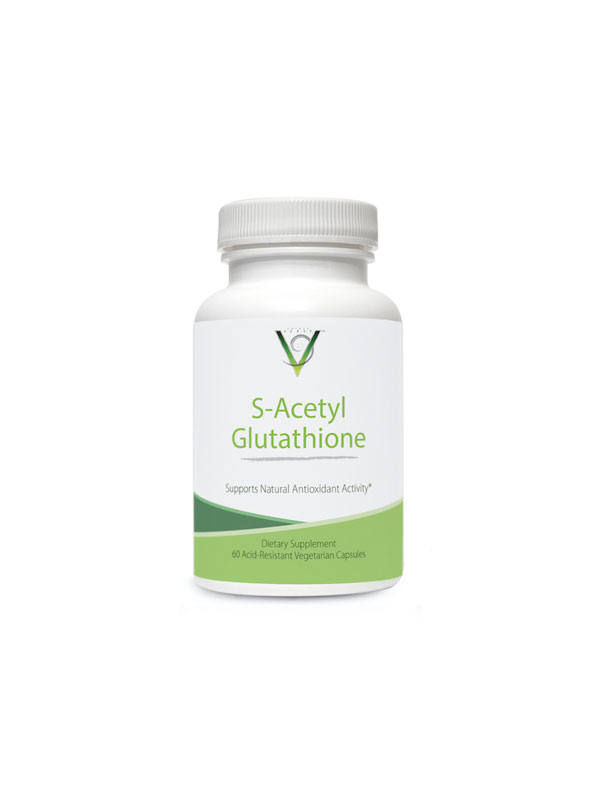
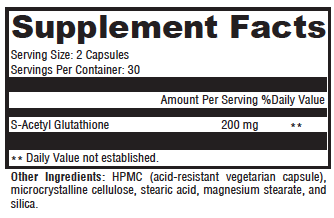
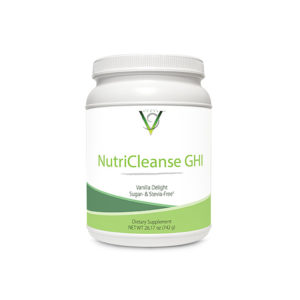
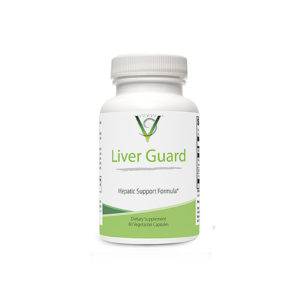
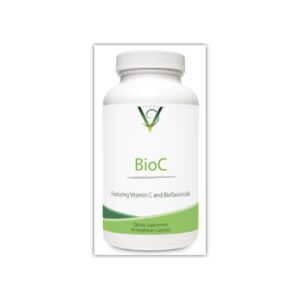
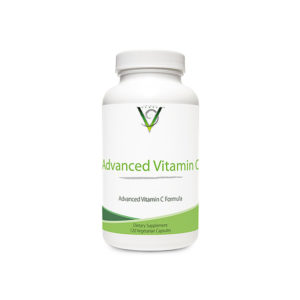
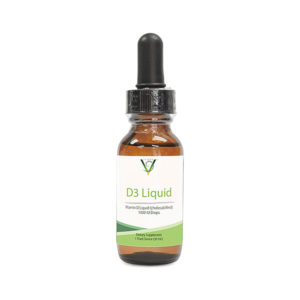
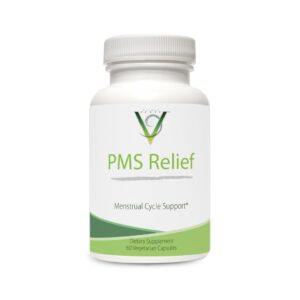
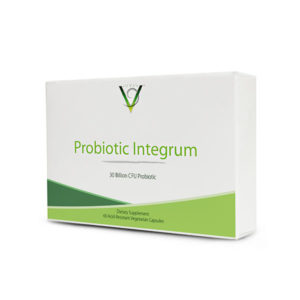
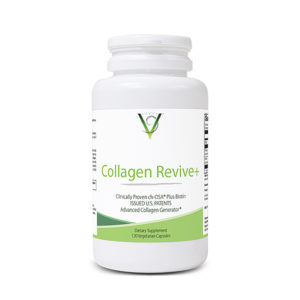
Reviews
There are no reviews yet